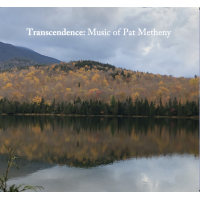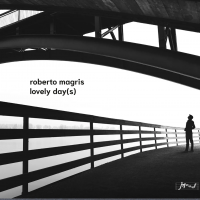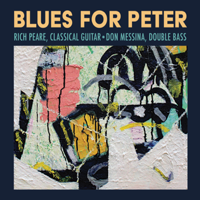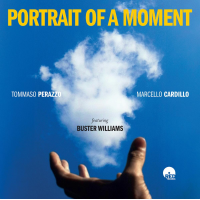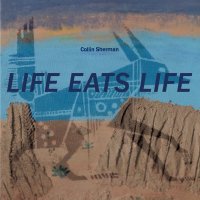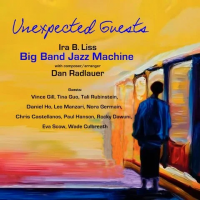Home » Jazz Articles » Album Review » Alex Sipiagin: Mirages
Alex Sipiagin: Mirages

Michael Brecker
saxophone, tenor1949 - 2007

James Moody
woodwinds1925 - 2010

David Binney
saxophone, altob.1961

Mingus Big Band
band / ensemble / orchestra
Dave Holland
bassb.1946
With a growing discography as a leader—the majority released by the Dutch Criss Cross label—it's remarkable that Sipiagin has managed to demonstrate palpable growth from album to album, given the label's somewhat restrictive approach—usually allowing only one day to record. Seeming to peak both compositionally and performance-wise with the one-two punch of his more spontaneous Prints (Criss Cross, 2007), and ambitious Out of the Circle (ArtistShare, 2007), where Sipiagin was afforded the luxury of both more recording time and a larger ensemble, Mirages is a more straight-ahead affair, with emphasis on solos and in-the-moment interaction. An effervescent energy pervading the entire set provides Mirages with its own unique place amongst Sipiagin's remarkably consistent and appealing discography.
Tenor saxophonist 
Seamus Blake
saxophone
b.1970
Johnathan Blake
drums
Boris Kozlov
bass, acoustic
b.1967
Mulgrew Miller
piano
1955 - 2013
McCoy Tyner
piano
1938 - 2020
Sipiagin's writing may be less complex and long-form this time around, but these are still tough charts that set up a variety of contexts over which the ample solo space provided by Sipiagin is exploited by the trumpeter and his bandmates. Of the three cover tunes, 
Wayne Shorter
saxophone
1933 - 2023
Mirages may seem to be something of a detour for Sipiagin, but in truth it fits seamlessly into the trumpeter's discography. The emphasis may be on playing rather than writing this time around but it's still earmarked with Sipiagin's characteristically appealing melodicism. And with a group this hot, it stands out as one of the trumpeter's most passionate records to date.
Track Listing
One for Mike I; Mirages; Live Score; Levitin's Kingdom; Just One of Those Things; Tetragon; Iris; One for Mike II.
Personnel
Alex Sipiagin
trumpetAlex Sipiagin: trumpet, flugelhorn; Seamus Blake: tenor saxophone; Mulgrew Miller: piano; Boriz Kozlov: bass; Johnathan Blake: drums.
Album information
Title: Mirages | Year Released: 2009 | Record Label: Criss Cross
Tags
Comments
PREVIOUS / NEXT
Support All About Jazz
 All About Jazz has been a pillar of jazz since 1995, championing it as an art form and, more importantly, supporting the musicians who make it. Our enduring commitment has made "AAJ" one of the most culturally important websites of its kind, read by hundreds of thousands of fans, musicians and industry figures every month.
All About Jazz has been a pillar of jazz since 1995, championing it as an art form and, more importantly, supporting the musicians who make it. Our enduring commitment has made "AAJ" one of the most culturally important websites of its kind, read by hundreds of thousands of fans, musicians and industry figures every month.


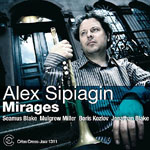



 Buy Now
Buy Now



